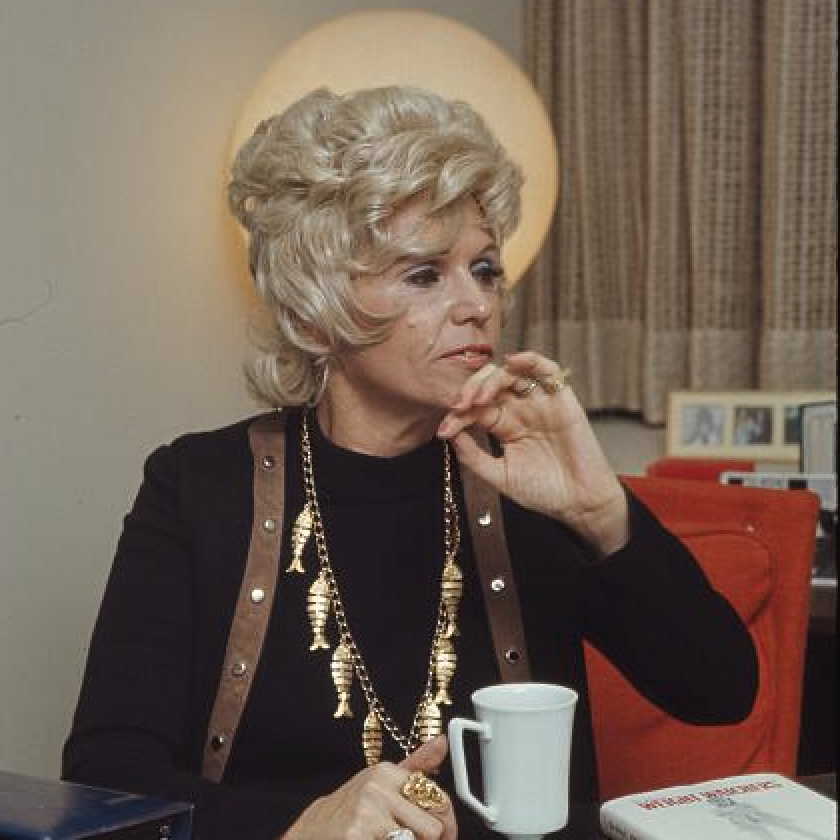
Jean Nidetch and six friends decided to try to lose weight together, meeting at her home to encourage and support each other in their quest. Their success drew more friends and in May, 1963, Nidetch launched a company based on the idea that peer support is key to weight control. Over 400 people showed up to the first official meeting in Queens, New York.
Weight Watchers was a blockbuster success, dominating the diet industry for decades until market and cultural forces led executives this week to declare bankruptcy. As business analysts unpack what went wrong, I would like to celebrate Jean Nidetch as a pioneer of the patient-led revolution in medical care.
Let’s review the four archetypes of the revolution:
Seekers go on the hunt for answers and they do not give up.
Networkers pool resources, learn in community, and help each other cast off the burdens of isolation and shame.
Solvers attack problems, creatively getting access to what they need.
Champions help take scrappy, peer-led innovations to scale.
Here’s my case for why Nidetch embodied all four:
She searched for a way to break the cycle of diets and binge eating that she felt trapped in and never gave up hope for answers (Seeker). She convened a group of women to share their secret stories and to say to each other: We can do better, together (Networker). She designed an innovative regimen: a diet adapted from a standard weight-loss plan; weekly weigh-ins; and meetings that mixed public confession with inspirational speakers (Solver). She franchised the concept, helping peer-led weight control to scale worldwide (Champion).
I have had the month of May marked on my calendar for a few months, hoping to celebrate the anniversary of a pioneering, patient-led, woman-led company that rose from the ashes. That’s not today’s story but Nidetch’s legacy stands.
For more on her life, read her New York Times obituary (gift link).
Image: Jean Nidetch, founder of Weight Watchers (courtesy of the Library of Congress)
Jean Neditch helped so many of us! She changed the landscape for weight reduction by leveraging peer support.
Yes! I have enjoyed learning more about her personal story, which is a parable of midcentury feminism.
WW was a revolutionary idea and helped lots of people, but it also received criticism for perpetuating an unhealthy focus on restriction that has been associated with eating disorder culture, particularly among children. In hindsight we can see the patterns and pitfalls. As it was happening, I bet it felt amazing to gather together and encourage each other to learn & change.